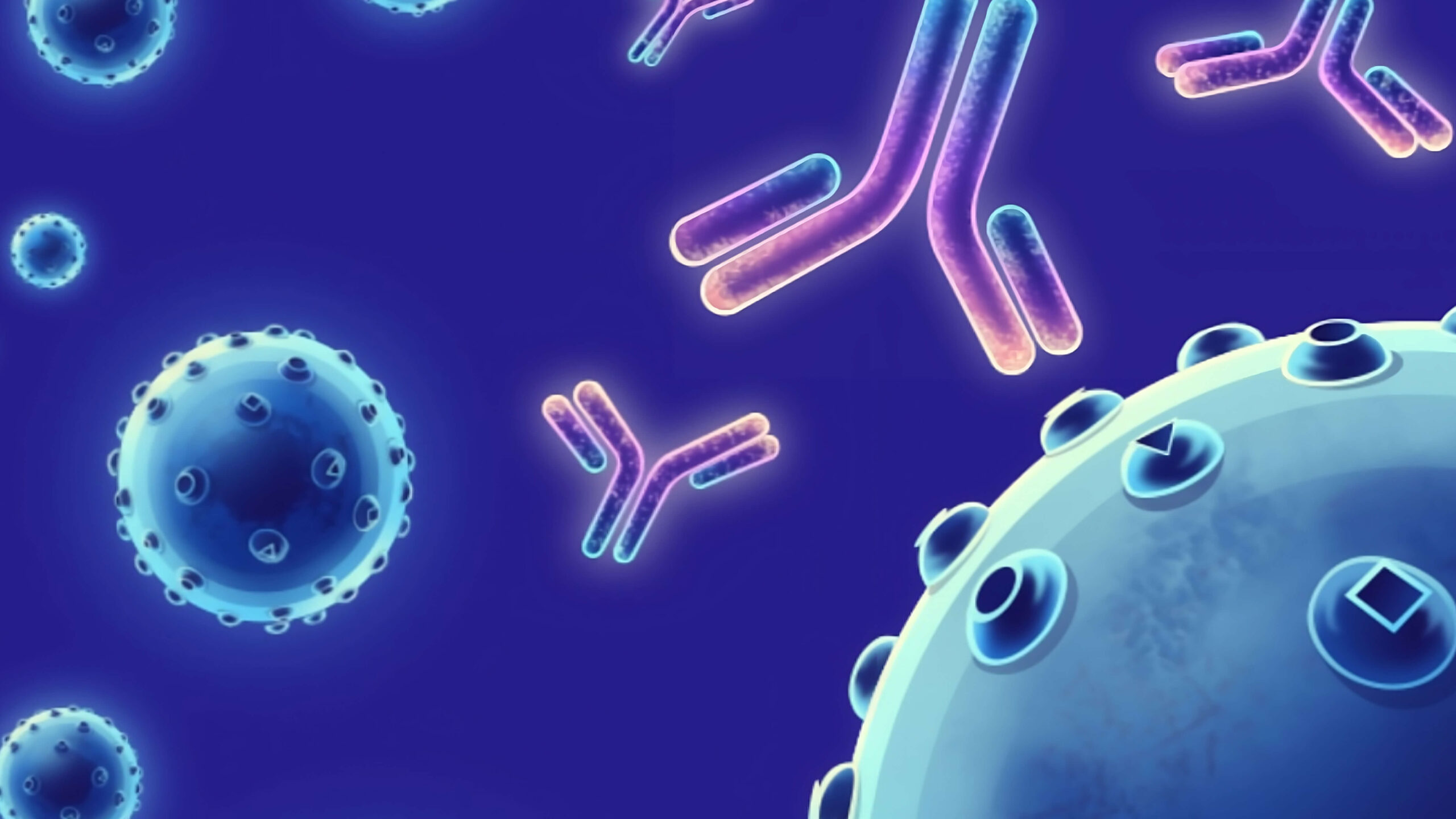Description
Respiratory syncytial virus (RSV) is a highly contagious pathogen of the respiratory tract, primarily in infants and the elderly. A vaccine against RSV is currently not available, but is desired due to the high disease burden.RSV has two major surface glycoproteins (G and F) that play important roles in the initial stages of the infectious cycle. The RSV fusion glycoprotein (RSV F) is an attractive vaccine antigen, since it is the principal target of RSV neutralizing antibodies in human sera. RSV F fuses the viral and host cell membranes by irreversible protein refolding from the labile prefusion conformation to the stable postfusion conformation. Like other class I fusion proteins, the inactive precursor, RSV F0, requires cleavage during intracellular maturation by a furin-like protease. RSV F contains two furin sites, which leads to three polypeptides: F2, p27 and F1, with the latter containing a hydrophobic fusion peptide at its N terminus. An RSV F protein that has both high expression levels and maintains a stable prefusion conformation would be a promising subunit vaccine candidate against RSV. Thus we need stabilizing mutations of the prefusion instability.
Target
RSV Pre-F
Isotype/Mimetic
Human IgG1
Animal-Derived Biomaterials Used
No
Sequence Available
Yes
Original Discovery Method
Unknown
Antibody/Binder Origins
Animal-free discovery, Unknown discovery source/method, In vitro recombinant expression, Animal-derived biomaterials used in production or final formulation

